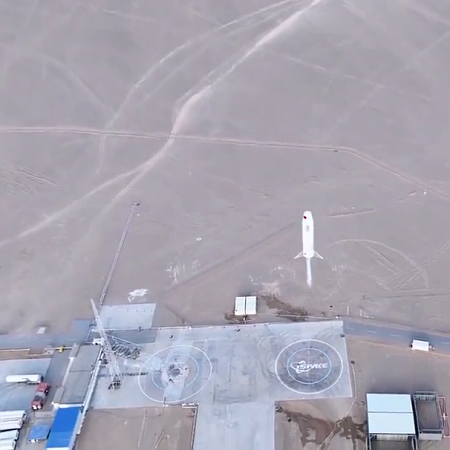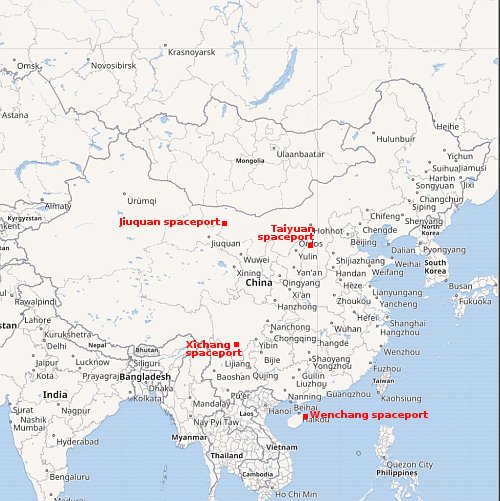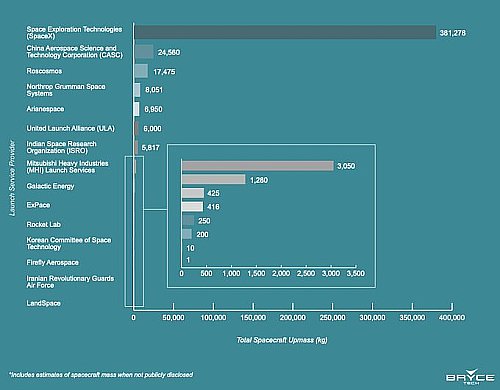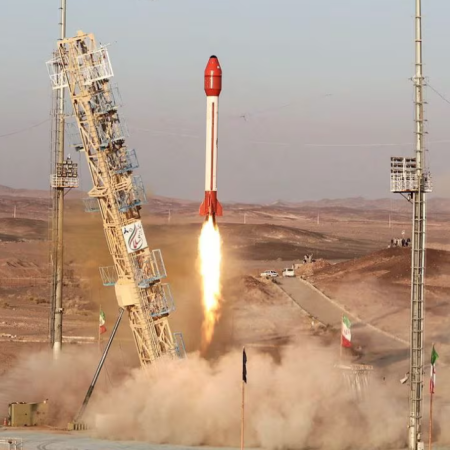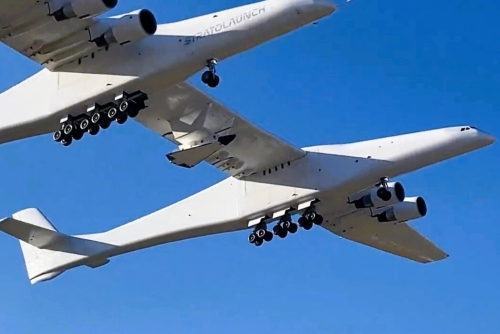NASA: The flight plan for Dream Chaser Tenacity’s first demo mission to ISS
NASA today provided a detailed description of the flight plan for the first demo ISS mission of Sierra Space’s first Dream Chaser reuseable mini-shuttle, dubbed Tenacity, now targeting some unspecified date in 2024.
It will carefully approach ISS, testing its maneuvering and rendezvous capibilities, and then be grabbed by the station’s robot arm to be berthed to the station.
On its first flight to the International Space Station, Dream Chaser is scheduled to deliver over 7,800 pounds of cargo. On future missions, Dream Chaser is being designed to stay attached to the station for up to 75 days and deliver as much as 11,500 pounds of cargo. Cargo can be loaded onto the spacecraft as late as 24 hours prior to launch. Dream Chaser can return over 3,500 pounds of cargo and experiment samples to Earth, while over 8,700 pounds of trash can be disposed of during reentry using its cargo module.
On this first demo flight it will remain docked for 45 days, and then land on the shuttle runway at Cape Canaveral.
NASA today provided a detailed description of the flight plan for the first demo ISS mission of Sierra Space’s first Dream Chaser reuseable mini-shuttle, dubbed Tenacity, now targeting some unspecified date in 2024.
It will carefully approach ISS, testing its maneuvering and rendezvous capibilities, and then be grabbed by the station’s robot arm to be berthed to the station.
On its first flight to the International Space Station, Dream Chaser is scheduled to deliver over 7,800 pounds of cargo. On future missions, Dream Chaser is being designed to stay attached to the station for up to 75 days and deliver as much as 11,500 pounds of cargo. Cargo can be loaded onto the spacecraft as late as 24 hours prior to launch. Dream Chaser can return over 3,500 pounds of cargo and experiment samples to Earth, while over 8,700 pounds of trash can be disposed of during reentry using its cargo module.
On this first demo flight it will remain docked for 45 days, and then land on the shuttle runway at Cape Canaveral.

